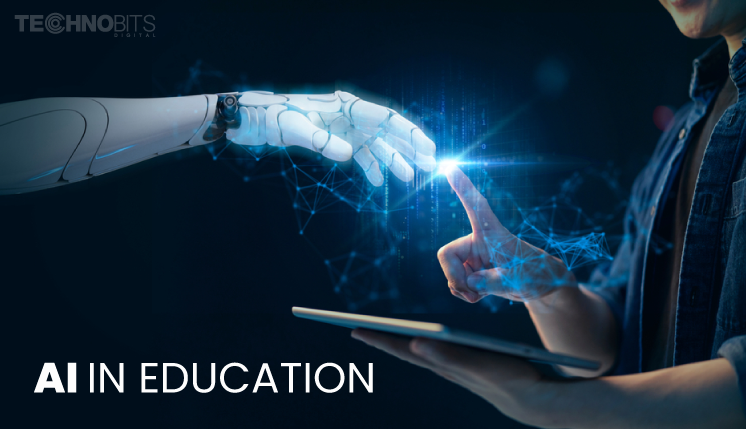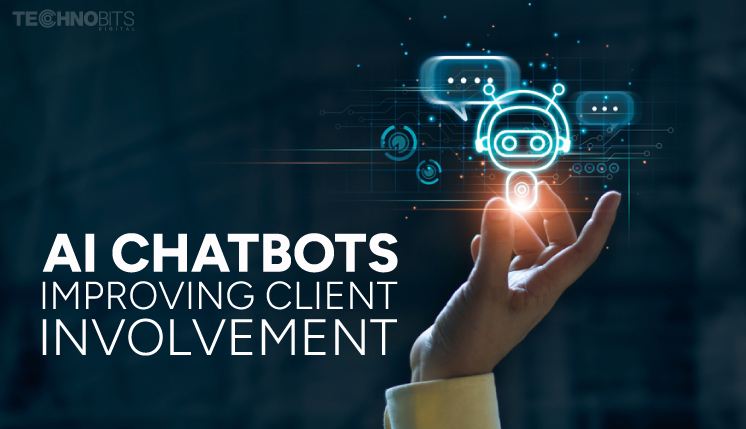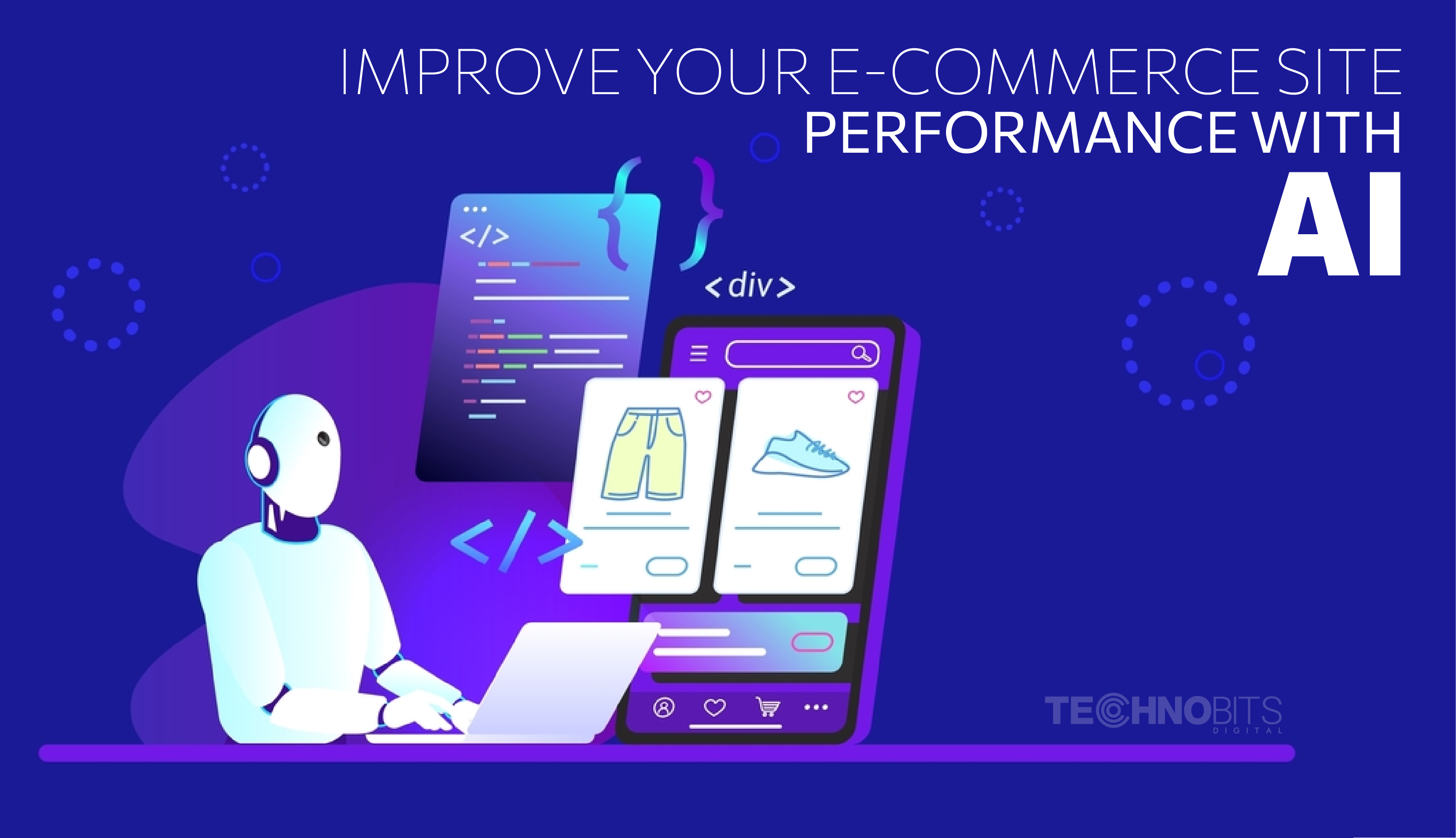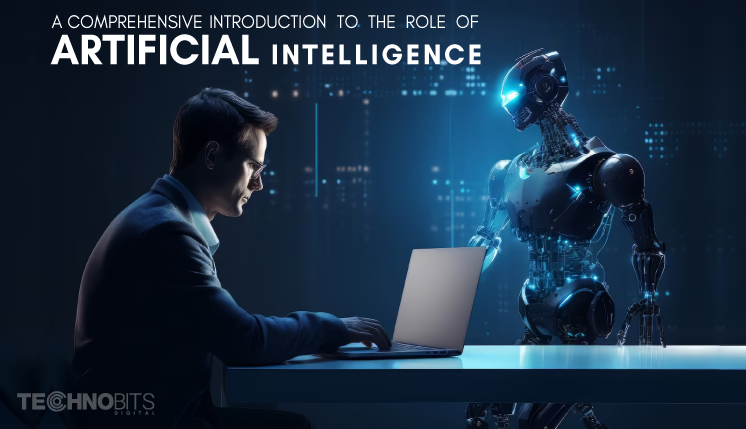Blog Detail
An Improved Future with Artificial Intelligence and Human Collaboration.
Artificial Intelligence
Mar 20 2024
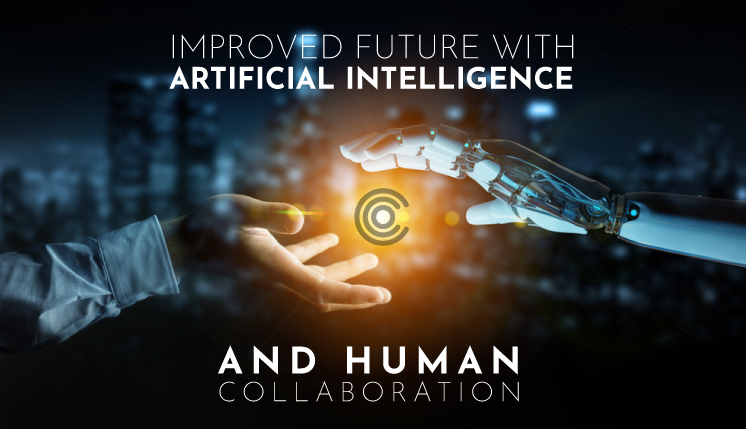
The integration of artificial intelligence (AI) has grown in popularity in today's quickly changing digital landscape. Collaboration between AI and humans is becoming more popular as a way to create a better future as our reliance on technology grows. The potential revolution in healthcare, banking, and transportation is due to the synergy between humans and machines.
The Function of AI in Culture
Virtual assistants on smartphones and sophisticated algorithms driving recommendation systems are just two examples of how artificial intelligence has impacted almost every part of our lives. AI can analyse enormous volumes of data in real time, spot trends, and produce remarkably accurate forecasts. This creates opportunities for fostering creativity and finding solutions to challenging issues.
Though AI is powerful, human creativity, intuition, and empathy cannot be replicated. This is where the idea of AI and human cooperation comes into play. We can leverage the best of both worlds to reach previously impossible goals by combining the powers of artificial intelligence and human intellect.
1. The Advantages of AI and Human Collaboration
AI and human cooperation have a great deal of potential advantages. We can automate repetitive processes, analyse enormous volumes of data, and make data-driven decisions at a never-before-seen scale by utilising AI's computational power and data processing capabilities. This enables human workers to use their unique talents and experience by freeing them up to concentrate on more intricate and imaginative jobs.
Additionally, AI can enhance human abilities by offering timely insights, proposing creative solutions, and assisting in decision-making. AI can help physicians in domains such as healthcare by forecasting patient outcomes, suggesting tailored treatment regimens, and identifying illnesses. Artificial intelligence algorithms can identify financial fraud, optimise investment portfolios, and analyse market trends.
There is an excellent chance that efficiency and productivity will rise. Industries exist when humans and AI work together. By automating repetitive procedures, businesses may improve efficiency, cut expenses, and boost overall performance. Since human workers may now concentrate on strategic initiatives and innovative problem-solving, innovation may increase.
2. Successful AI and Human Collaboration Case Studies
Several instances show how AI plus human cooperation can lead to significant results. For example, AI-driven tutoring platforms such as Khan Academy employ algorithms to customise student learning experiences in education. However, they still depend on human teachers to provide direction and assistance. This combination guarantees that students get individualised education while gaining knowledge from teachers.
The application of AI in healthcare to enhance patient care and diagnosis accuracy is another noteworthy example. For example, IBM Watson for Oncology helps doctors find the best therapy options by evaluating patient data, scientific literature, and medical records. The human doctor, however, still has the last say because they can use professional judgment and consider other relevant factors.
3. Problems & Issues with AI and Human Cooperation
Although AI and human collaboration have great potential, there are still obstacles. The displacement of human workers by automation is one of the main issues. People are concerned that professions that humans have historically done may become outdated as AI advances and takes on more responsibilities. This begs whether the workforce must be retrained and reskilled to ensure they can adjust to the changing nature of work.
Concerns exist over the ethical ramifications of AI and human cooperation as well. AI algorithms have the potential to add new biases or reinforce old ones because they can only be as objective as the data they are trained on. Developing and utilising AI systems ethically and responsibly is essential, with a focus on accountability, justice, and openness.
4. Ethics in Artificial Intelligence and Human Collaboration
We must create a strong ethical framework to fully realise the potential of AI and human collaboration. This entails tackling concerns with accountability, algorithmic transparency, and data privacy. It also considers how AI may affect social justice, individual rights, and societal values.
In AI systems, transparency is essential. Users need to be fully aware of the data that AI algorithms use and how they make choices. This openness promotes trust and permits human intervention when required. Furthermore, continuous auditing and monitoring of AI systems can assist in locating and resolving any biases or unexpected outcomes.
AI and Human Collaboration's Future
AI and human collaboration have a bright future as technology develops. We may anticipate a smoother and more seamless assimilation of AI into our everyday lives, allowing us to solve more complicated puzzles, make better judgments, and spur innovation.
AI and human cooperation will grow more mutually beneficial as each discipline strengthens and supports the other's strengths.
1. Sectors and industries that profit from human cooperation and AI
Numerous areas and industries can benefit from human collaboration and AI. Drug development, tailored treatment, and patient diagnosis are all areas where AI can help in the medical field. AI in the financial industry can aid alphabetic trading, fraud detection, and risk assessment. AI makes autonomous vehicles, better traffic control, and logistics optimisation possible.
2. How to Combine AI with Human Collaboration in Businesses
Companies can find ways to use AI to improve productivity and efficiency to embrace both AI and human collaboration. Employers may free up staff members to work on more critical projects using AI to automate monotonous operations and process data. For people to be ready to work with AI technologies, businesses need to cultivate a culture that values continuous learning and upskilling.
Competencies Required for Effective AI and Human Collaboration People must acquire hard and soft talents to thrive in an AI-driven future. Data analysis, programming, and comprehension of AI algorithms are examples of technical talents. Soft skills, which help people use AI tools wisely and make judgments, are equally vital.
Conclusion
Leveraging AI and Human Cooperation to Their Full Potential.
In conclusion, integrating AI and human cooperation creates hope for a better future. AI and human intellect can lead to previously unheard-of possibilities, spur creativity, and solve challenging issues. However, an ethical framework must be implemented to guarantee that AI advances humankind and upholds our moral principles. If automation and human interaction are correctly balanced, we can design a future where AI and people coexist peacefully to improve the world.
TAGS
Australia +61 4 7038 7624 India +91 97265 89144
We truly care about our users and our product.

